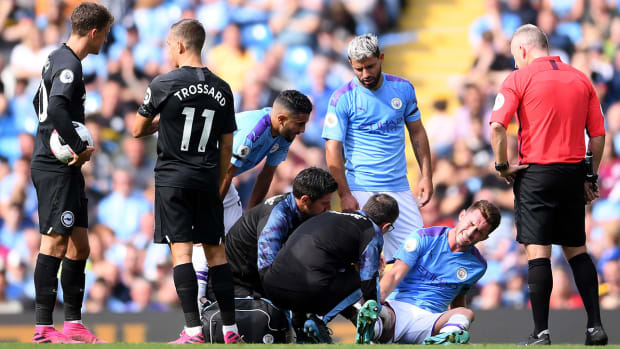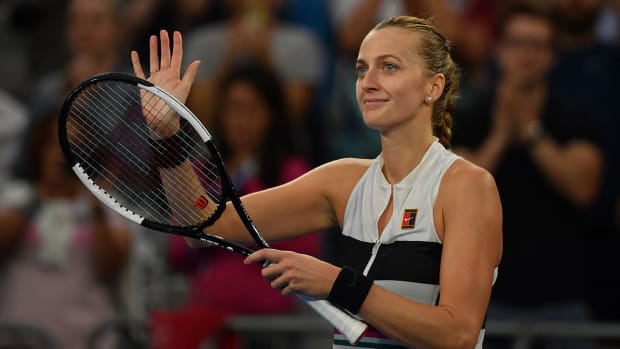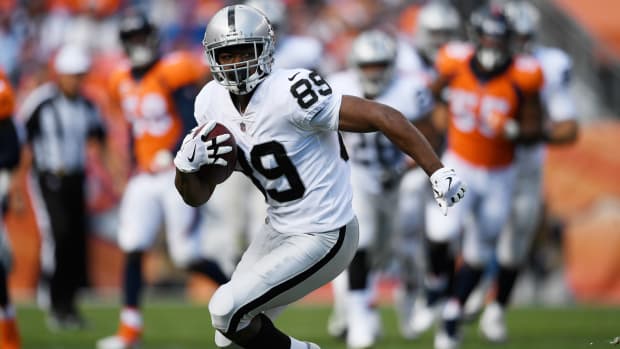After slump, bobsledder Steven Holcomb eyes return to top
LAKE PLACID, N.Y. (AP) Steven Holcomb used to define bad weekends on the bobsled track as ones where he would finish in fourth or fifth place, barely missing out on a trip to the medals stand.
So suffice to say, the last two seasons have been miserable for America's most accomplished bobsled driver.
''I used to finish fifth and I'd be devastated,'' Holcomb said. ''I'd give anything to be finishing fifth now.''
His average finish in World Cup races since departing the Sochi Olympics with two bronze medals has been 10th, which means middle of the pack. And his lone medal in 24 World Cup outings in that span came last weekend in Lake Placid, gold in the two-man race.
Now back in his hometown of Park City, Utah, for another World Cup this weekend, Holcomb hopes his luck is changing.
''It wears on you,'' Holcomb said. ''When you hit a certain level, you get that advice that you can't always stay at the top, that there's going to be peaks and valleys. And it's true. But how long is this valley going to last?''
That's been the question Holcomb has had for nearly two years.
And maybe the three-time world champion and 2010 Olympic four-man gold medalist is emerging from that valley now.
''We wanted to come out here and make a statement,'' said Carlo Valdes, who pushed Holcomb's two-man sled to the win last weekend. ''Winning gold, that's a huge step in the right direction for us.''
There are many reasons for Holcomb's struggles of late. He partially tore an Achilles tendon in Sochi, and he's still dealing with effects of that injury. The bad leg has kept him from conditioning to the standard he and the team would prefer, meaning he's been prone to other minor setbacks. He's also working with new push athletes, after some longtime members of his sled either retired or transitioned to driving.
All that provided another reason why winning last weekend was so big. He needed to show the new corps of push athletes that there can be a payoff.
''To show these guys we can do it, that it really is possible, it's motivating for them,'' Holcomb said.
There's no two-man race in Park City this weekend. Women's bobsled is on Friday's schedule, men's and women's skeleton will be held Saturday, and both days of the competition will have a four-person bobsled race.
That could be good and bad for Holcomb.
No one knows the 2002 Olympic track better than him, but the four-man has been difficult for him over the last two seasons because of differences in the handling of his two- and four-man sleds and sometimes the inability to put down an elite starting time. The start is crucial in Park City, since there aren't many spots on the track where drivers can make up lost time.
''You start thinking maybe I am too old, you're past your prime, maybe it's time to give it up,'' Holcomb said. ''But now I know, and these guys behind me know, we still have what it takes.''




